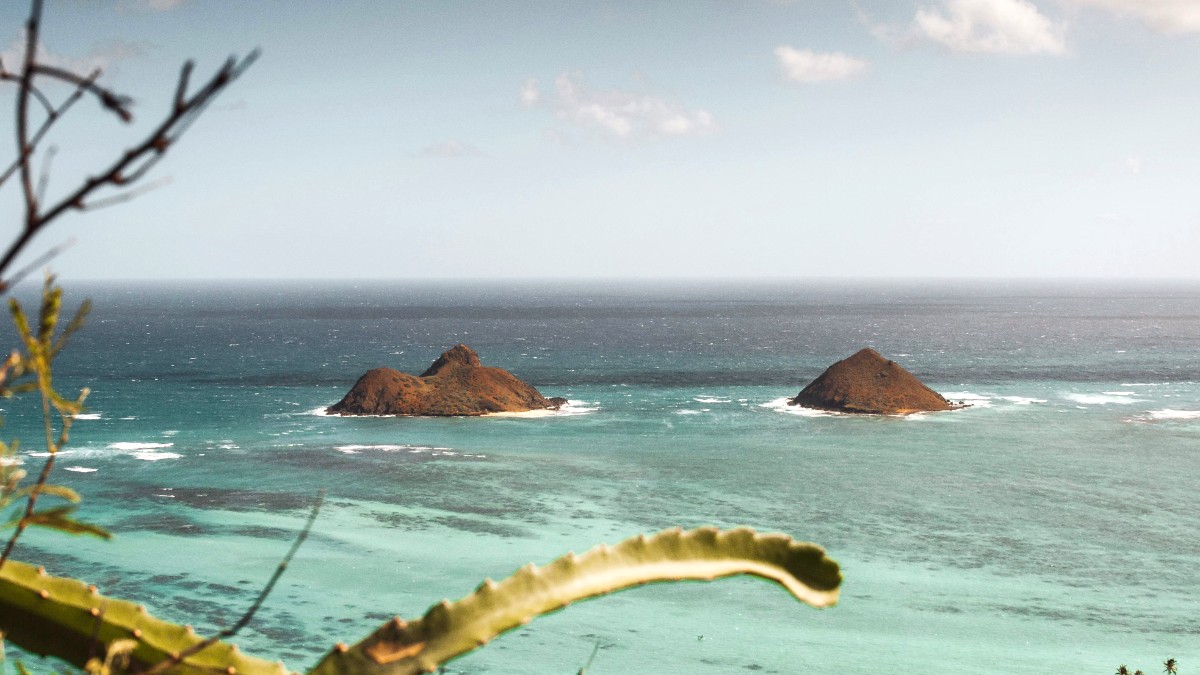
Hawaii, USA
Major U.S. Mobile carriers operate on Oahu, providing extensive coverage.
Internet connection is widespread and accessible for visitors.
English is the main language spoken in Hawaii.
Learning a few Hawaiian phrases shows appreciation for local culture.
The Google Translate app is a valuable resource. Download the offline Hawaiian language pack for use without internet access.
Kailua businesses operate on standard schedules, with some variations for holidays.
Shops generally open 9 AM to 6 PM or 10 AM to 7 PM. Restaurants serve lunch from 11 AM to 2 PM, dinner from 5 PM to 9 PM or 10 PM. Some cafes open earlier for breakfast.
Major banks like Bank of Hawaii, Central Pacific Bank, and First Hawaiian Bank have branches in Kailua. Banking hours are typically weekdays from 9 AM to 4 PM or 5 PM, with some Saturday mornings. ATMs are widely available.
Kailua operates as a year-round destination, so seasonal closures are uncommon. Some smaller businesses may close for owner vacations. During U.S. Federal and Hawaii State holidays, expect increased crowds and potential closures.
U.S. Federal Holidays influence business operations.
Hawaii observes several unique state holidays, which can affect services.
Remove your shoes before entering someone's home or certain local establishments. This respects local custom and helps maintain clean indoor spaces.
Engaging respectfully with Hawaiian culture and its people makes for a better visit.
Simple gestures make a positive impression.
Dress comfortably, and share food when possible.
Be mindful with cameras and drones.
Avoid actions that show disrespect for nature or local communities.
Always use reef-safe sunscreen when swimming or engaging in water activities. Hawaii has a law that protects its coral reefs from harmful chemicals in many traditional sunscreens.
Hawaii is committed to enhancing accessibility for all travelers.
U.S. Americans with Disabilities Act (ADA) compliance is broadly followed.
Travel around Oahu is feasible with various accessible options.
Services exist to support visitors with sensory disabilities.
Information and support are available from dedicated groups.
For specific needs, reach out to accommodations and attractions directly. Confirm their accessible features and available services prior to your visit.